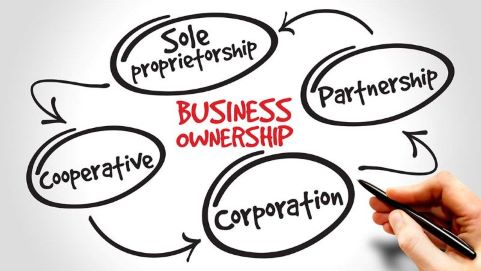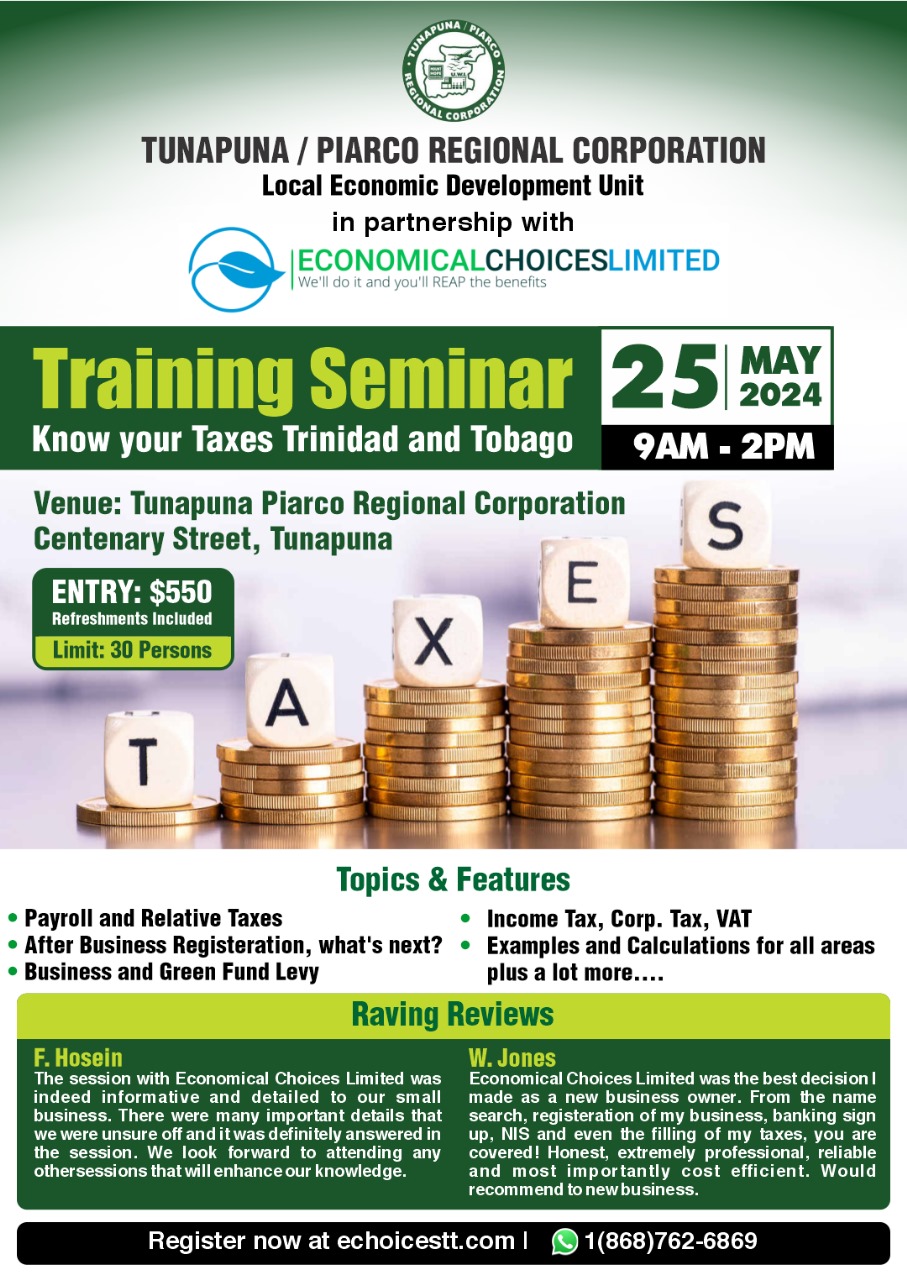Services of economical choices limited
Articles

Types of Business Structures
5hr
1. Sole trader, also known as a sole proprietorship, is a simple and straightforward business structure where an individual operates their business as the sole owner. In this arrangement, the business and the owner are considered the same legal entity. This means that the owner assumes full responsibility for the business's debts, liabilities, and obligations. While sole traders have a certain level of autonomy and decision-making power, they also carry personal liability for any legal or financial issues the business may face. 2. Partnership:Owned by two or more individuals who share profits, losses, and decision-making. Different types include general partnerships (equal sharing of responsibilities and liabilities) and limited partnerships (general partners with unlimited liability and limited partners with limited liability). Partners report their share of profits and losses on their personal tax returns.3. Limited Liability Company (LLC):An LLC, on the other hand, is a more complex business structure that combines certain benefits of both partnerships and corporations. One of the primary advantages of an LLC is the limited liability it offers to its members (owners). This means that the personal assets of the members are generally protected from the company's debts and legal liabilities. An LLC also allows for a more flexible management structure and can be taxed differently based on its classification (e.g., as a disregarded entity, partnership, or corporation).Key Differences:LLC: Owners of an LLC, known as members, generally have limited liability. This means their personal assets are protected from business liabilities and debts. The liability of members is limited to their investment in the LLC.Sole Proprietorship: In a sole proprietorship, there is no legal separation between the business and the owner. The owner has unlimited personal liability for the business's debts and obligations.Partnership: In a general partnership, partners share both profits and liabilities. Each partner has unlimited personal liability for the partnership's debts and obligations, which means their personal assets are at risk.2. Taxation:Sole traders report business income on their personal tax return and they are allowed to claim the Personal Allowances granted by the government (90,000) plus business related expenses.Taxes are paid for Business Levy if the gross sales are greater than 360K per annum at a rate of 0.06%.An exemption applies for the first three (3) years from the date of registration of the business.The Sole Trader does not pay Green Fund Levy.In an LLC, members taxes are paid as a corporation, Green Levy is payable on sales at 0.03%, Corporation taxes are paid at 25% on the changeable income (Income less business expenses).Taxes are paid for Business Levy if the gross sales are greater than 360K per annum at a rate of 0.06%.An exemption applies for the first three (3) years from the date of registration of the business.Annual return must be filed annually or a penalty of 300 per month will be applied for every month it goes unfiled.Partnership, similar to an LLC, a partnership is usually a pass-through entity for taxation. The partnership itself doesn't pay taxes; instead, each partner reports their share of the profits and losses on their personal tax returns.Taxes are paid for Business Levy if the gross sales are greater than 360K per annum at a rate of 0.06%. With respect to a partnership, the Individual Partner’s Share of the Gross Sales/Receipts must exceed $360,000 to be liable for Business Levy.An exemption applies for the first three (3) years from the date of registration of the business.NB: The partners are liable to this tax, not the partnership. Management:LLC: An LLC can be managed by its members (member-managed) or by managers appointed by the members (manager-managed). This offers flexibility in determining how the business is operated.Sole Proprietorship: The owner has complete control and decision-making authority over the business.Partnership: Partners share decision-making responsibilities and management duties, unless a specific arrangement is stated in a partnership agreement. Formation and Formalities:LLC: Formation requires filing articles of organization with the state and creating an operating agreement, which outlines how the business will be managed and operated.Sole Proprietorship: Minimal formalities are required. Business operations can begin as soon as the necessary local licenses and permits are obtained.Partnership: Like an LLC, partnerships may have partnership agreements that outline roles, responsibilities, profit-sharing, and dispute resolution. However, partnerships can also be created informally through verbal agreement. Transfer of Ownership:LLC: Ownership can usually be transferred by selling or assigning membership interests, but it may be subject to restrictions outlined in the operating agreement.Sole Proprietorship: Ownership is directly tied to the owner, making it challenging to transfer the business as a whole.Partnership: Transfer of partnership interests may be possible but depends on the terms of the partnership agreement and the consent of other partners.The right structure depends on factors such as your business goals, liability concerns, taxation preferences, management style, and future growth plans. Consulting with us is recommended before making a decision. They can help you understand the specific to your situation and guide you toward the structure that aligns best with your business objectives.Remember that business structures can be changed as your business grows and evolves, but it's essential to start with a structure that provides the right foundation for your immediate needs
Date: 2023-11-15
Read MoreWebinar

Know your Taxes Trinidad and Tobago
This seminar aims to empower participants with the knowledge and skills needed to navigate the intricacies of the Trinidad and Tobago tax system, ensuring compliance and accuracy in tax-related processes for businesses and individuals alike….
Date: 2024-05-25



